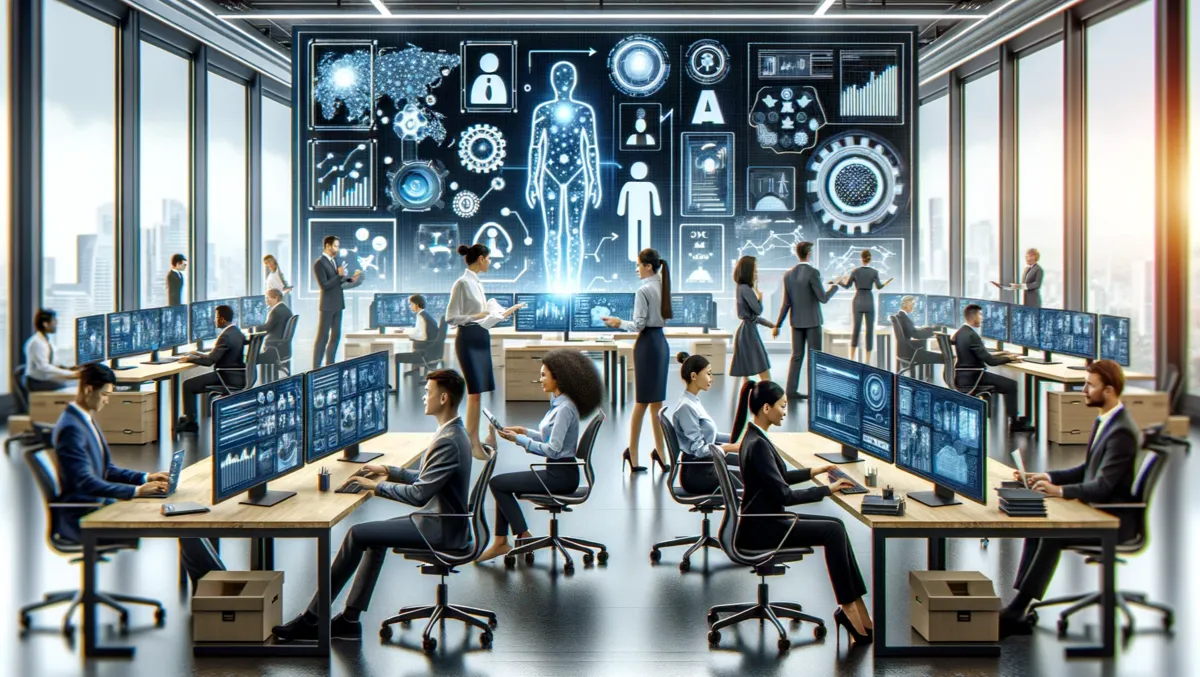
How AI can improve employee productivity
Artificial Intelligence (AI) could provide a boost to workforce productivity, but organisations need to build their employees' trust in these technologies and upskill staff appropriately if they are to take full advantage of the benefits, says recruiting experts Hays.
"AI is already being used to complete vital tasks in workplaces across a range of industries, but it could be used to boost productivity for the workforce generally," says Nick Deligiannis, Managing Director of Hays in Australia and New Zealand.
PwC analysis suggests that AI could contribute US$15.7trillion to the global economy by 2030, with US$6.6trillion of this figure coming from increased productivity. These gains are expected to come from the automation of processes, coupled with AI technologies augmenting their existing labour force.
While some basic positions are likely to be taken over by machines, AI is also creating a need for more highly-skilled professionals.
HR must build trust and alleviate fears
While AI will undoubtedly make some jobs easier, it can also increase fears around career security within the workforce.
Yet a 2018 study, Is automation labour displacing? Productivity growth, employment, and the labour share by David Autor and Anna Salomons found that AI has had a positive effect on aggregate employment.
"HR will need to support the implementation of AI and ensure it is used responsibly while alleviating the perceived threat that many workers see it posing to their livelihood," says Nick. "Part of this will involve talking about the rationale behind it, and explaining how it can help individuals perform their job, and potentially develop their career through learning new skills.
This is supported by Owen Tebbutt, Marketing Leader, Cognitive Process Transformation, for IBM Global Business Services, who says: "The more open an organisation can be about why and where it's using these technologies, the less concerned employees will be. It's got to be based around this idea of empowerment.
"It's not there to replace jobs but to make your job more impactful, enjoyable and productive. HR needs to be very positive about some of the things this technology can do to make people more productive, happy and fulfilled.
In the longer term, there can be little doubt that AI will play a more significant role in how organisations are set up and run in the coming years. "A human being is only capable of taking in so much, so we are going to need help sorting through that, and that's the biggest area where AI can help organisations or people," says Owen. "The choice is quite stark; we can either drown in data or find a way to benefit clients and the workforce.
According to Hays, the latter is possible so long as employers are open about the introduction of AI and offer training to employees where needed. In this way, AI will ultimately create a more engaged and productive workforce.

